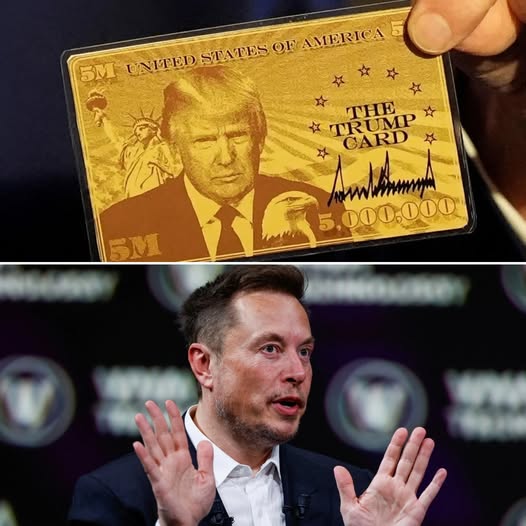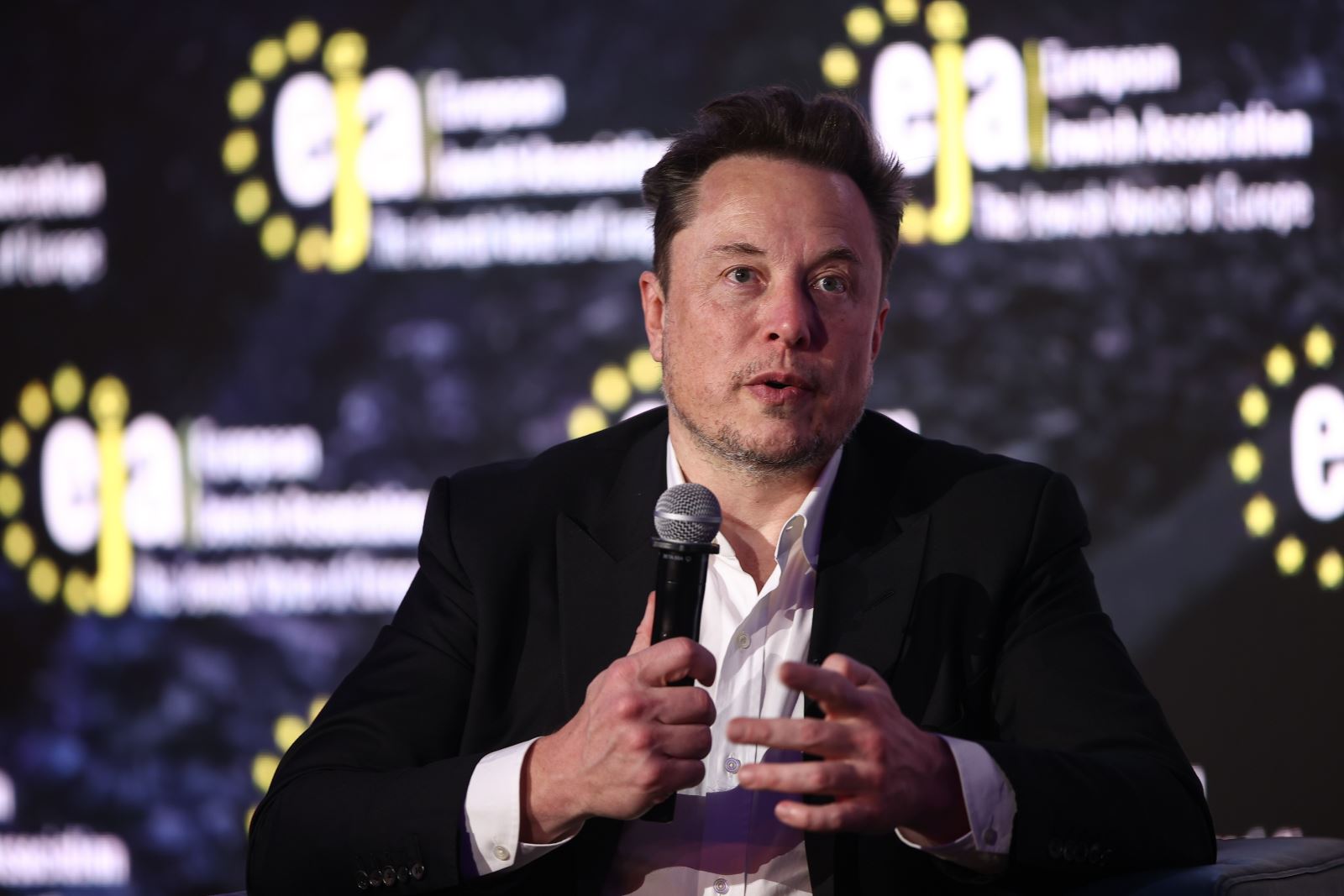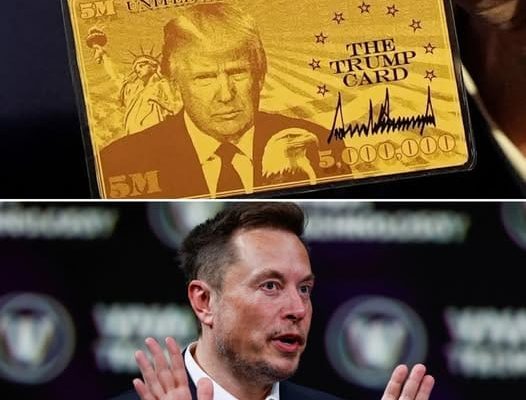
Elon Musk, the tech mogul and CEO of Tesla, SpaceX, and Neuralink, has recently experienced a series of setbacks that have forced him to reassess his approach to business. Despite achieving monumental success with his companies, Musk’s most recent financial report revealed troubling news. Tesla’s revenue dropped by 9%, and the company’s profits plummeted by a staggering 71%.
This decline is attributed to a combination of decreased vehicle deliveries, heightened competition from other electric vehicle manufacturers, and economic factors that have shaken the global market. To make matters worse, Musk’s involvement in the U.S. government through his leadership role in the Department of Government Efficiency (DOGE) has faced public backlash, negatively affecting his brand image and, in turn, his companies.
This turn of events has caused Musk to shift his focus to more profitable ventures outside of his traditional business interests. Rather than being discouraged by these challenges, Musk has demonstrated his signature resilience by seeking new opportunities that promise higher returns.
One of the most significant changes in Musk’s strategy is his pivot toward high-growth sectors such as artificial intelligence, fintech, and entertainment, which he believes will help him recover from the setbacks his core companies have experienced.
In 2023, Musk launched xAI, an artificial intelligence company that has already made significant strides in the AI space. xAI, which focuses on developing AI systems that prioritize safety and transparency, has quickly positioned itself as a leading player in the rapidly evolving industry. The company has attracted substantial investment and built advanced AI models capable of performing complex tasks in various sectors.

Musk’s decision to dive into AI is no surprise given his long-standing interest in the field, but his aggressive approach has further solidified his place as a key influencer in the tech world. The recent acquisition of X Corp., the parent company of the social media platform X (formerly Twitter), has added another layer to Musk’s ambitions. The $33 billion deal is part of Musk’s broader vision to create an all-encompassing “everything app” that combines social media, payments, entertainment, and more. This acquisition has expanded xAI’s capabilities, bringing together Musk’s various ventures under one unified umbrella.
In addition to xAI, Musk is also focusing on the fintech industry with the creation of X Money, a new payment platform designed to revolutionize digital financial services. X Money is expected to support cryptocurrency transactions and offer a fast, seamless way for people to send and receive money without the need for traditional banking systems.
Musk’s involvement in fintech comes at a time when digital currencies are becoming more widely accepted, and his platform aims to capitalize on this trend. The rise of cryptocurrency and digital payments has opened up new avenues for growth, and Musk is positioning himself at the forefront of this rapidly changing landscape.
Musk’s latest venture is X TV, a streaming service that is poised to take on the entertainment industry. While many established platforms like Netflix and Amazon Prime dominate the space, Musk believes there is room for innovation and disruption. X TV is expected to offer unique content and user experiences that set it apart from other streaming platforms.

With Musk’s background in tech innovation, it is anticipated that X TV will integrate artificial intelligence and data-driven personalization, offering viewers a highly tailored and engaging experience. The service will also likely capitalize on Musk’s existing user base across Tesla and X Corp., enabling it to rapidly gain traction in the competitive streaming market.
The pivot to these new ventures is a significant shift for Musk, who has built his empire around Tesla and SpaceX. However, the challenges faced by Tesla in recent months have made it clear that diversification is key to long-term success. Tesla, once the undisputed leader in electric vehicles, has seen its market share erode as competition from companies like BYD and Rivian has intensified.
Despite having an edge in battery technology and autonomous driving, Tesla is struggling to maintain its dominance as more affordable and high-quality EVs enter the market. The company’s production delays and supply chain disruptions have also hindered its ability to meet consumer demand, further contributing to its revenue decline.
While SpaceX continues to make impressive strides in space exploration, including its planned missions to Mars, the company too faces its own set of challenges. The cost of developing reusable rockets and the growing regulatory scrutiny over its activities are factors that Musk must address as he moves forward with his space ambitions. Musk’s decision to step back from the government role in DOGE has allowed him to refocus on these critical issues within his core companies.

The impact of Musk’s pivot toward more profitable ventures cannot be underestimated. His shift toward AI, fintech, and entertainment provides him with opportunities to generate significant revenue streams that are less reliant on the traditional automotive and aerospace sectors. However, this pivot also brings risks.
The industries Musk is entering are highly competitive, and while his reputation for innovation and disruption may give him an edge, it is by no means guaranteed that his new ventures will succeed. The rapid pace of change in these sectors means that Musk will need to move quickly and adapt his strategies to stay ahead of the competition.
Tesla’s struggles are indicative of broader trends in the global automotive market, as more manufacturers enter the electric vehicle space and consumer demand for EVs fluctuates. The success of Tesla’s competitors, coupled with Musk’s increasing focus on other projects, has raised questions about the future of the company.
Analysts suggest that Tesla may need to revisit its pricing strategy, improve its supply chain management, and accelerate the release of new models to regain its competitive advantage. As Musk shifts his focus to his side ventures, the question remains whether Tesla can maintain its leadership in the electric vehicle market.
The company’s dominance is no longer assured, and Musk’s ability to juggle multiple projects, including AI, digital payments, and entertainment, will be tested in the coming years. His track record of success in the tech world is undeniable, but the complexities of managing so many diverse initiatives will require exceptional leadership and adaptability.

Despite these challenges, Musk’s new ventures could provide a much-needed boost to his financial standing and business empire. The digital and AI-driven sectors are rapidly growing, and Musk’s involvement in these industries could allow him to capitalize on emerging opportunities. His ability to navigate new markets, adjust his business strategies, and innovate in ways others cannot is part of what has made him such a formidable entrepreneur.
In conclusion, Elon Musk’s shift toward more profitable ventures marks a significant turning point in his career. While Tesla and SpaceX continue to be central to his legacy, his pivot to AI, fintech, and entertainment offers new possibilities for growth and influence.
As Musk continues to push the boundaries of innovation, the world will watch closely to see how he navigates the challenges ahead and whether these new ventures can sustain his success in the years to come. While Tesla faces increased competition and financial hurdles, Musk’s resilience and strategic thinking suggest that he may still have plenty of room to maneuver and adapt in this ever-changing landscape.





